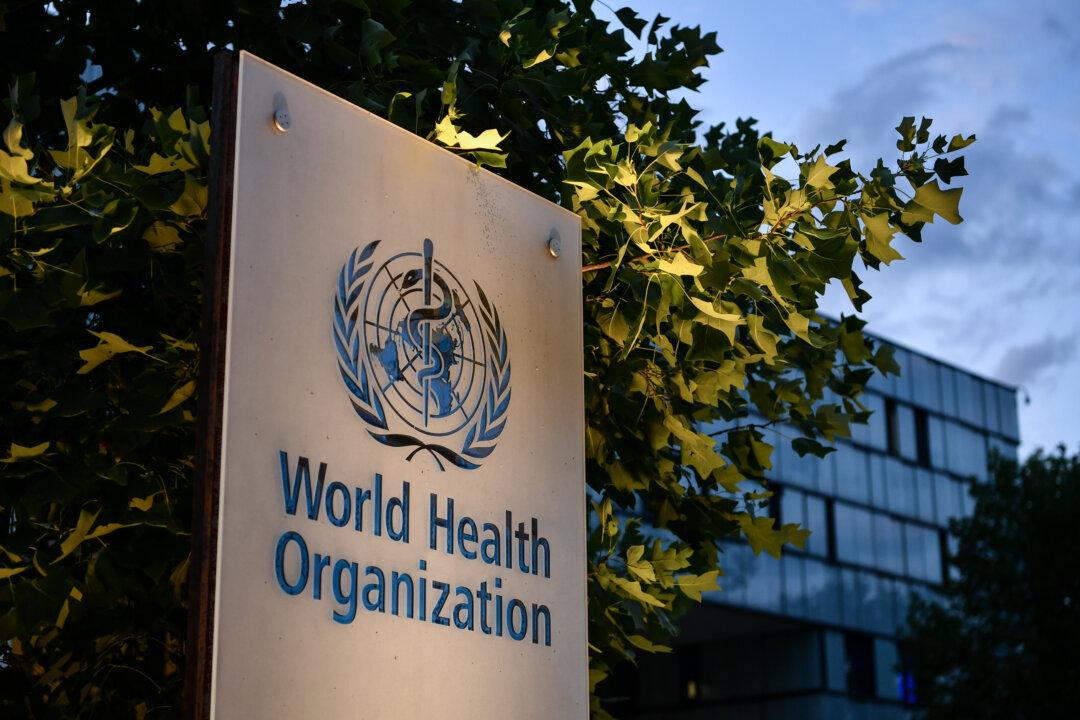MELBOURNE, Australia—The Albanese government is being urged to provide public and parliamentary debate on the proposed pandemic treaty following concerns Australia could cede sovereignty under the legally binding global treaty.
This comes just days before the 194 World Health Organisation (WHO) member states convene at the 77th World Health Assembly meeting on May 27 to discuss the world’s first pandemic agreement.





